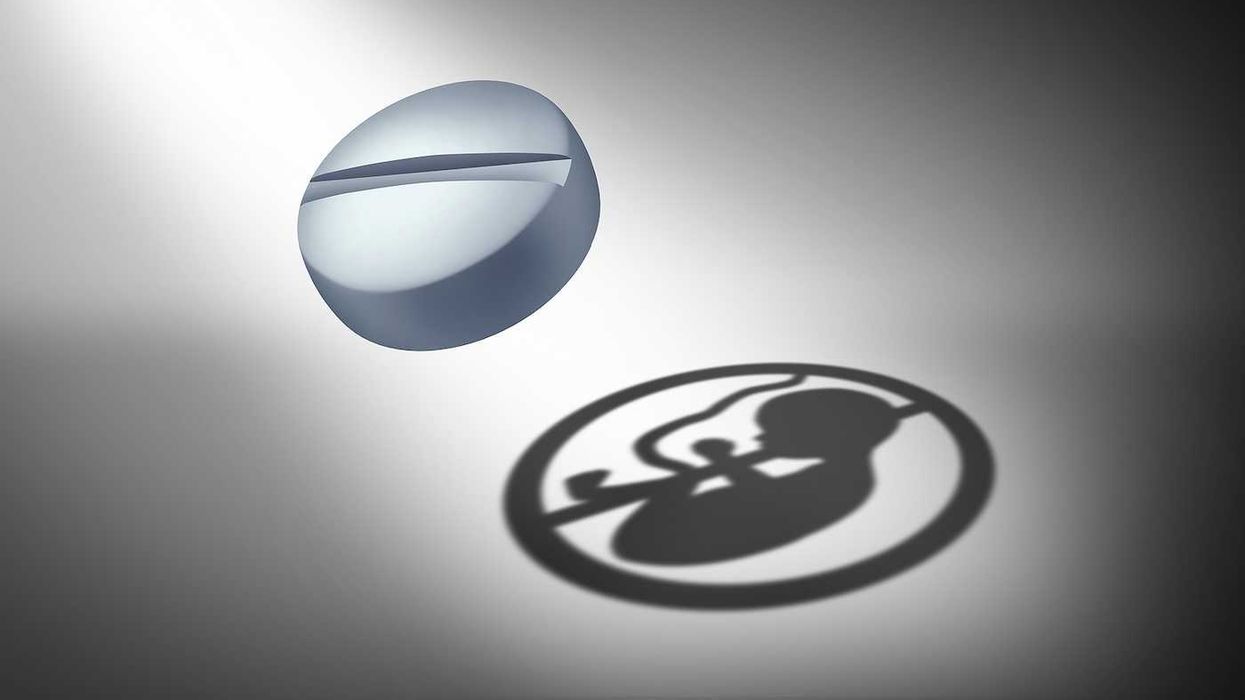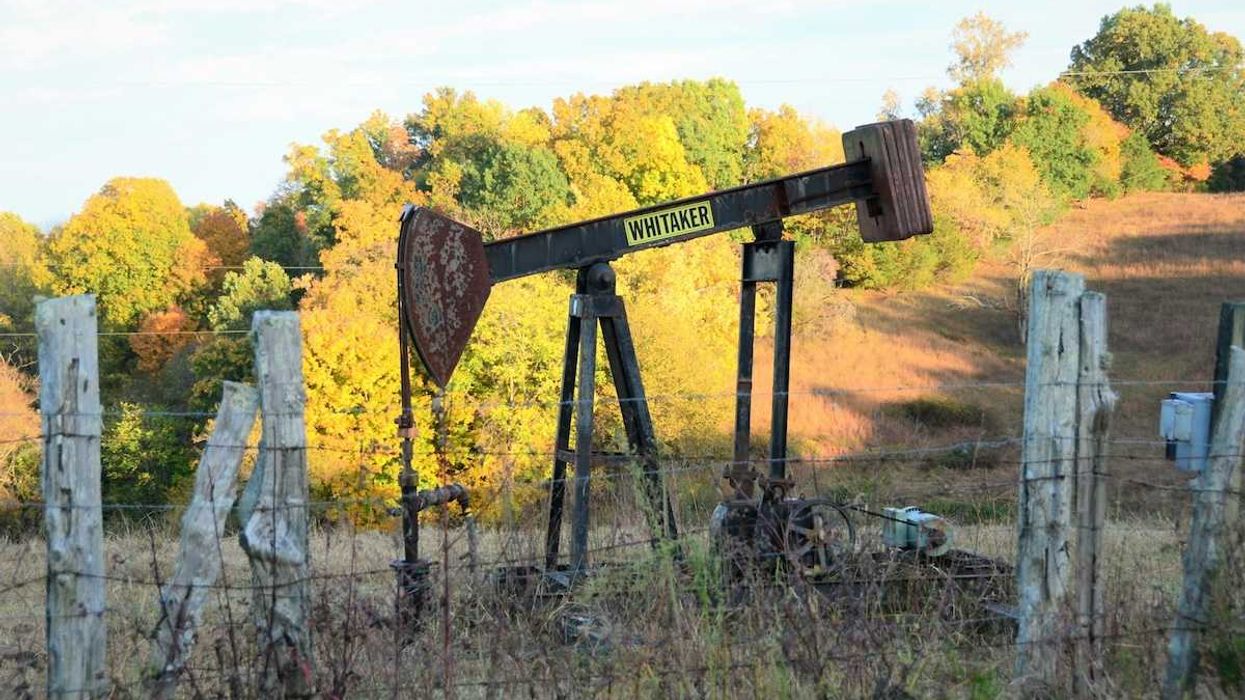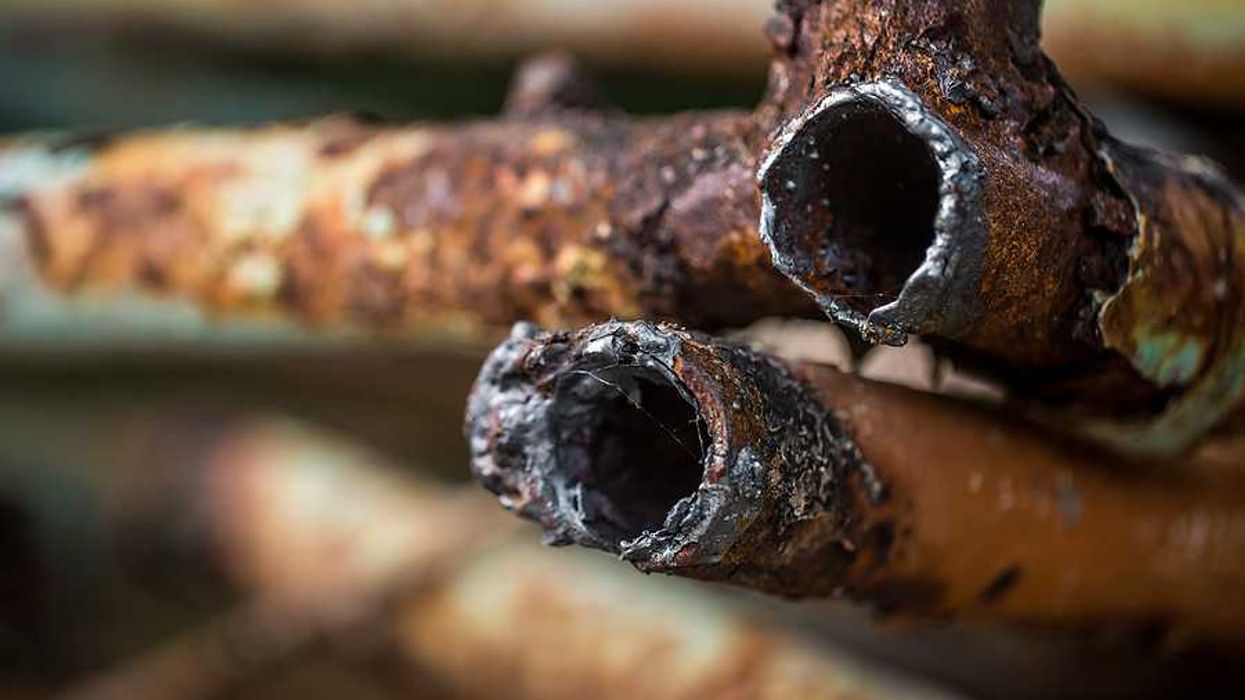Chicago plans to replace its 400,000 lead service lines on a timeline that lags far behind federal regulations, raising public health concerns as exposure to the toxic metal continues.
Keerti Gopal and Juanpablo Ramirez-Franco report for Inside Climate News.
In short:
- Chicago’s current plan would complete its lead pipe replacement by 2076 — some 30 years past the federal deadline — citing a 2021 state law and an older U.S. Environmental Protection rule from the first Trump administration.
- The Biden-era EPA rule requires most cities to remove all lead service lines by 2038, with Chicago expected to finish by 2049, but city officials have yet to revise their slower timeline.
- Advocates warn the delay increases lead exposure risks, especially in communities of color, and rising temperatures may further intensify lead leaching into drinking water.
Key quote:
“People are already being exposed — they’re being exposed daily. There is no number [of years] that is satisfactory to me, but 20-ish years is better than 50.”
— Chakena D. Perry, senior policy advocate, Natural Resources Defense Council
Why this matters:
Lead is a neurotoxin with no safe level of exposure. Ingesting it through drinking water can harm nearly every organ system, but it is particularly damaging to the developing brains of children, where it can cause lifelong cognitive impairments. In Chicago, two-thirds of children under six live in homes with detectable lead in their tap water. The city’s slow response extends that risk for decades, disproportionately burdening Black and low-income neighborhoods. Rising temperatures may worsen lead contamination as heat increases corrosion. Federal funds for replacements are dwindling, and proposed EPA budget cuts under the Trump administration could further limit Chicago’s ability to act. The city’s delay has life-altering consequences for tens of thousands of residents.
Learn more: Chicago given two decades to replace lead pipes, raising concerns














